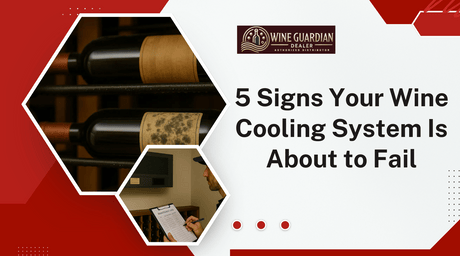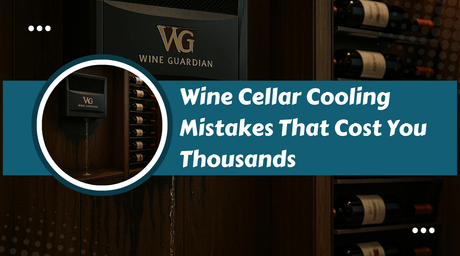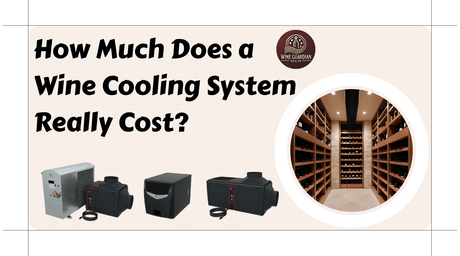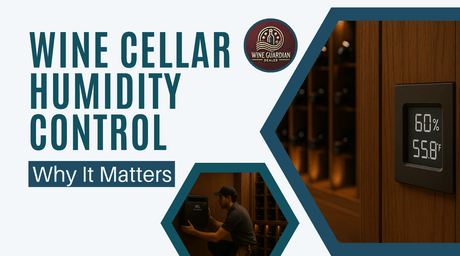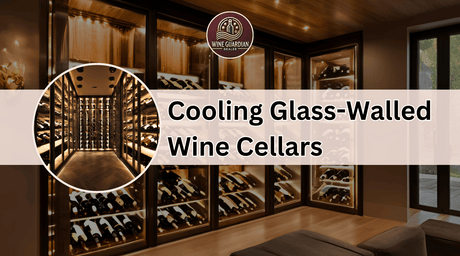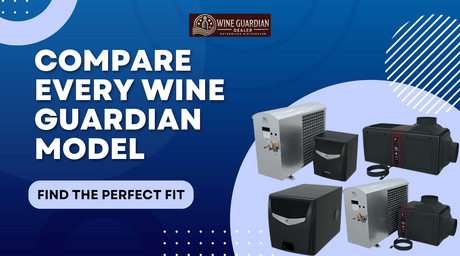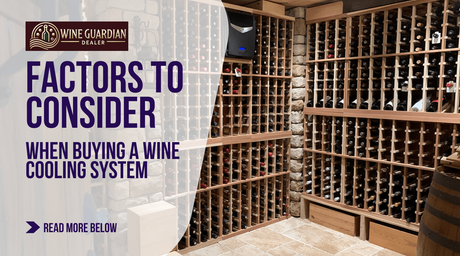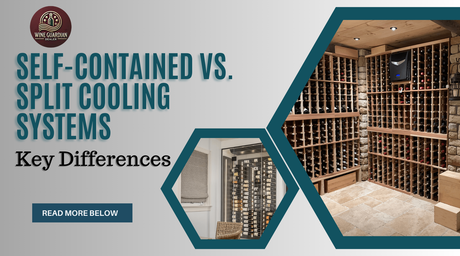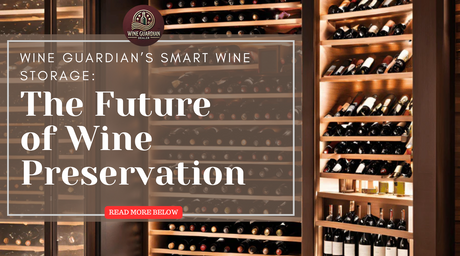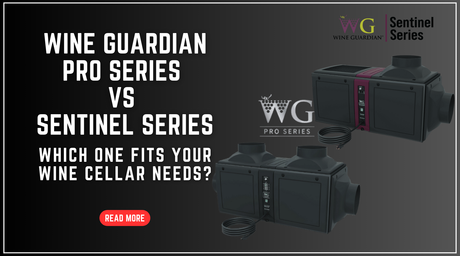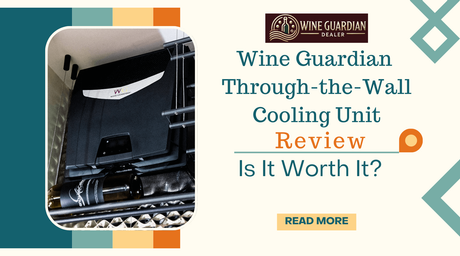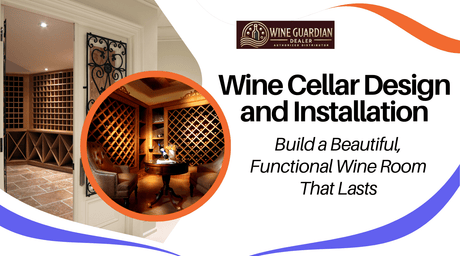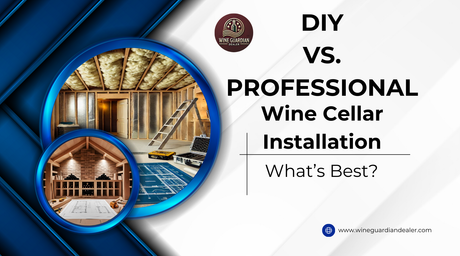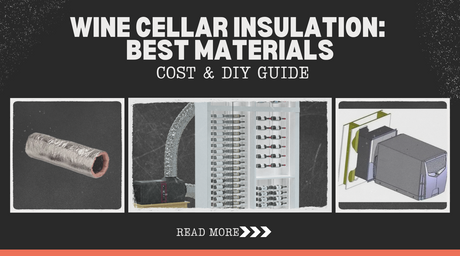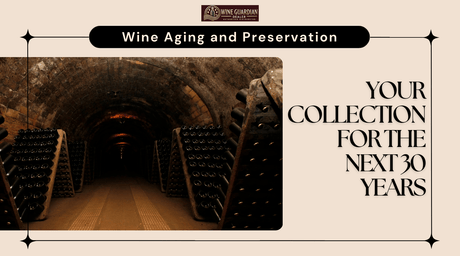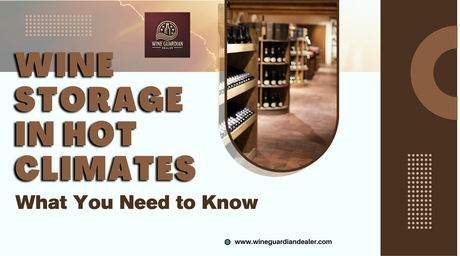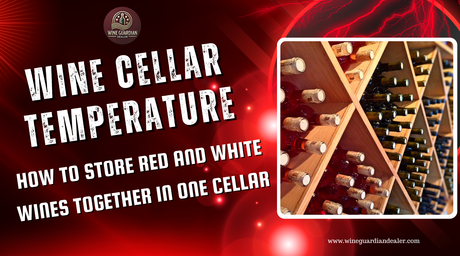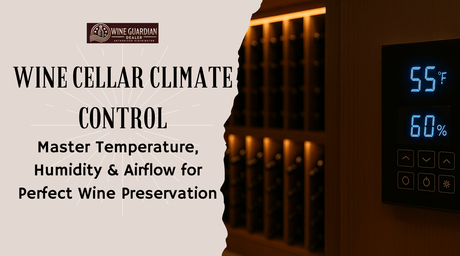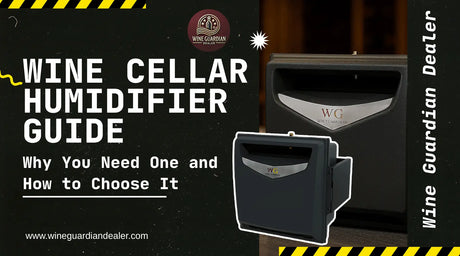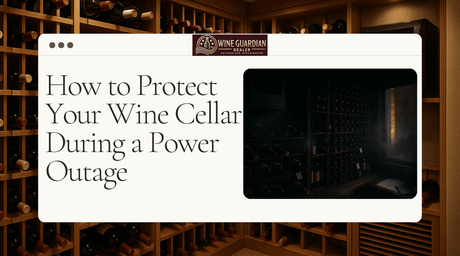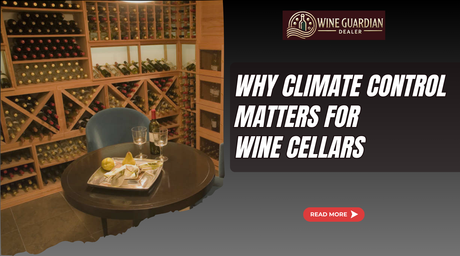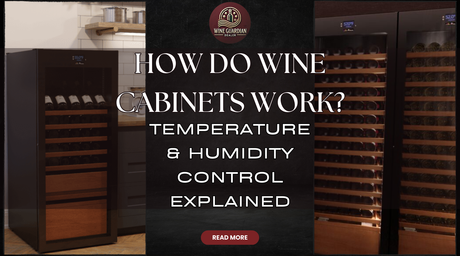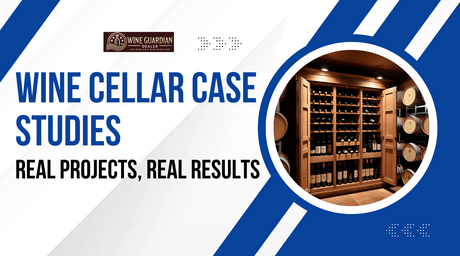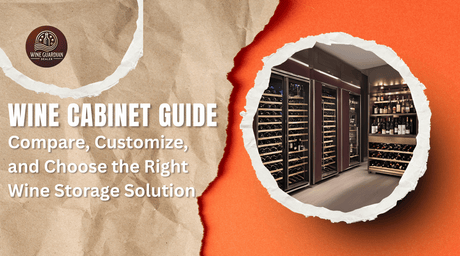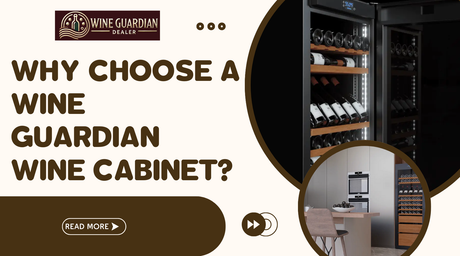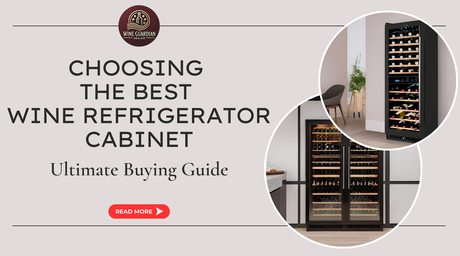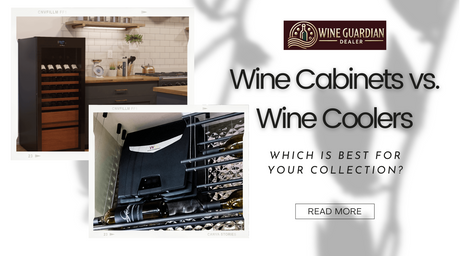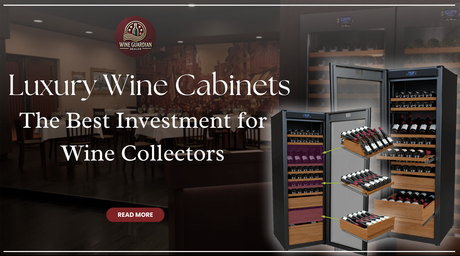Welcome to the Wine Cellar Learning Center | Planning, Cooling, Design & More
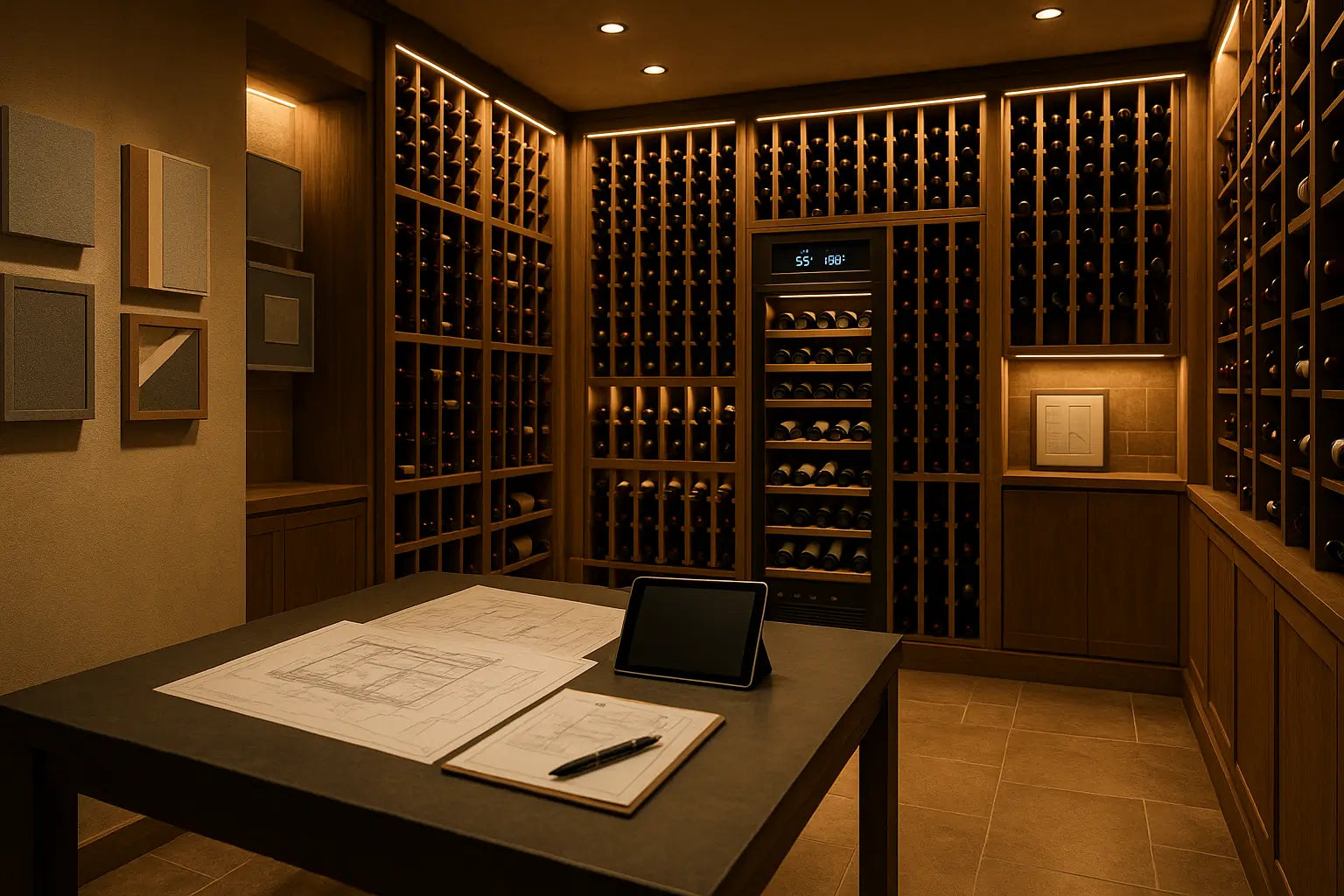
Everything you need to build smarter, store better, and protect what matters most—your wine.
Building the perfect wine cellar starts with understanding exactly what your wine needs. In the Wine Cellar Learning Center, you’ll get expert guidance, insider tips, and the tools to turn your storage into a precision-controlled preservation space.
Master Every Element of Wine Cellar Creation and Storage
Whether you're just beginning your wine journey or you're an experienced collector fine-tuning your cellar, welcome. This is your go-to resource for everything wine storage.
From smart cooling system planning to selecting the perfect wine cabinet, our blog is here to simplify the complex and help you create the ideal space for your collection.
Having your own wine cellar in your house offers significant benefits, including improved wine storage, better organization, and the satisfaction of showcasing your collection in a dedicated space.
Expert-backed advice, practical guides, and real-world inspiration. We’ve organized everything by topic so you can browse what matters most to you.
Ready to dive in? Let’s build something great.
Wine Cooling System Planning
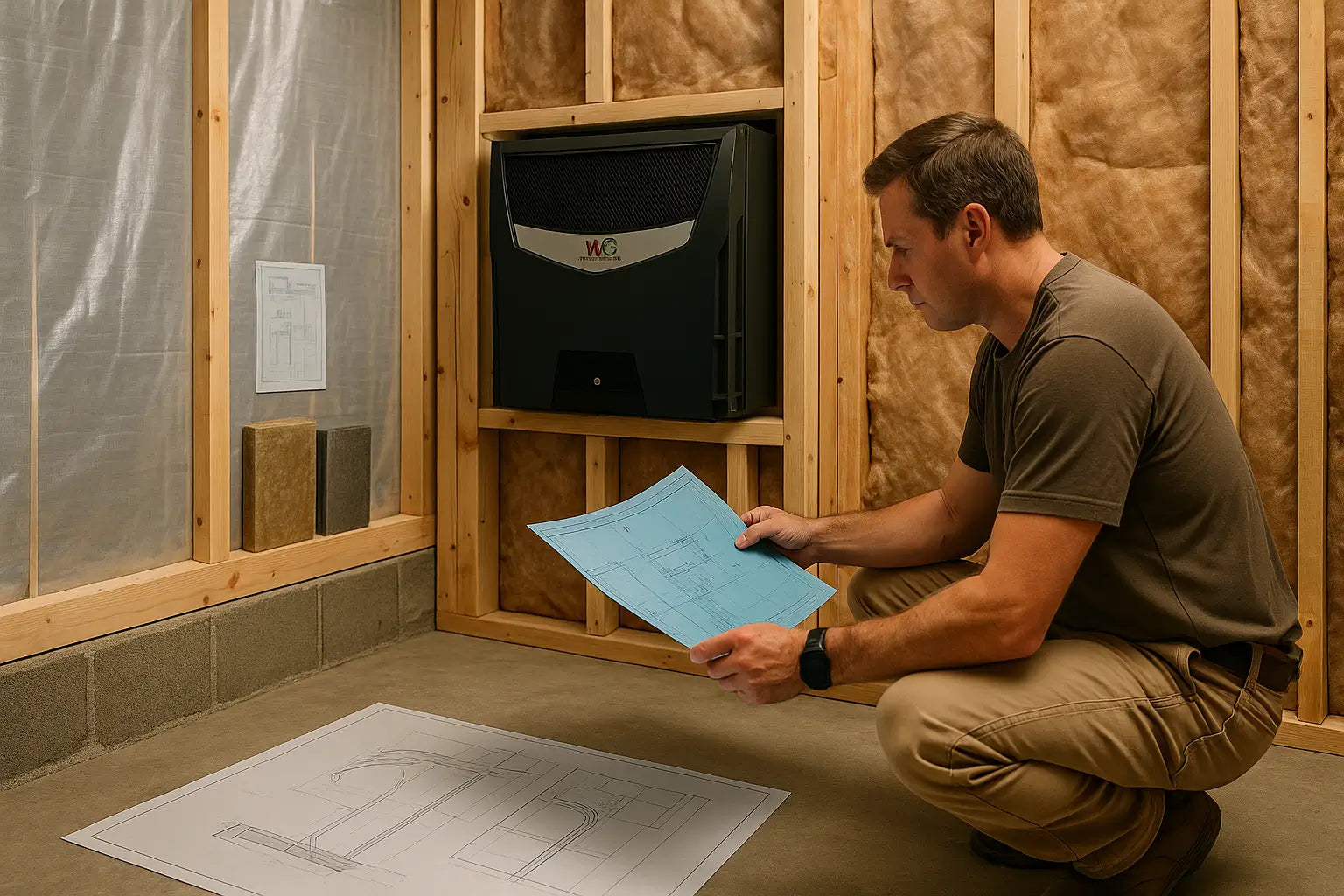
Your cooling system is the heart of your wine cellar. It controls the temperature and humidity that keep your wine aging properly, and tasting amazing.
There is a complete line of cooling systems available, offering a variety of options for different cellar configurations and needs.
A vapor barrier is critical to prevent moisture from forming inside the wine cellar walls, ensuring the environment remains stable.
Concrete walls provide poor insulation and require additional insulation for effective wine storage.
Not sure where to start? These articles break it down step by step.
- How Do Wine Cellar Cooling Systems Work? — Understand the basics behind cooling technology.
- Factors to Consider When Buying a Wine Cooling System — What matters when shopping.
- How to Find the Right Cooling Unit for Your Wine Cellar — Match your space, goals, and budget.
- How to Choose the Best Cooling System for Large Cellars — For collectors with big ambitions.
- Budget-Friendly Cooling Systems for Wine Cellars — Smart picks without breaking the bank.
Wine Cellar Design and Installation
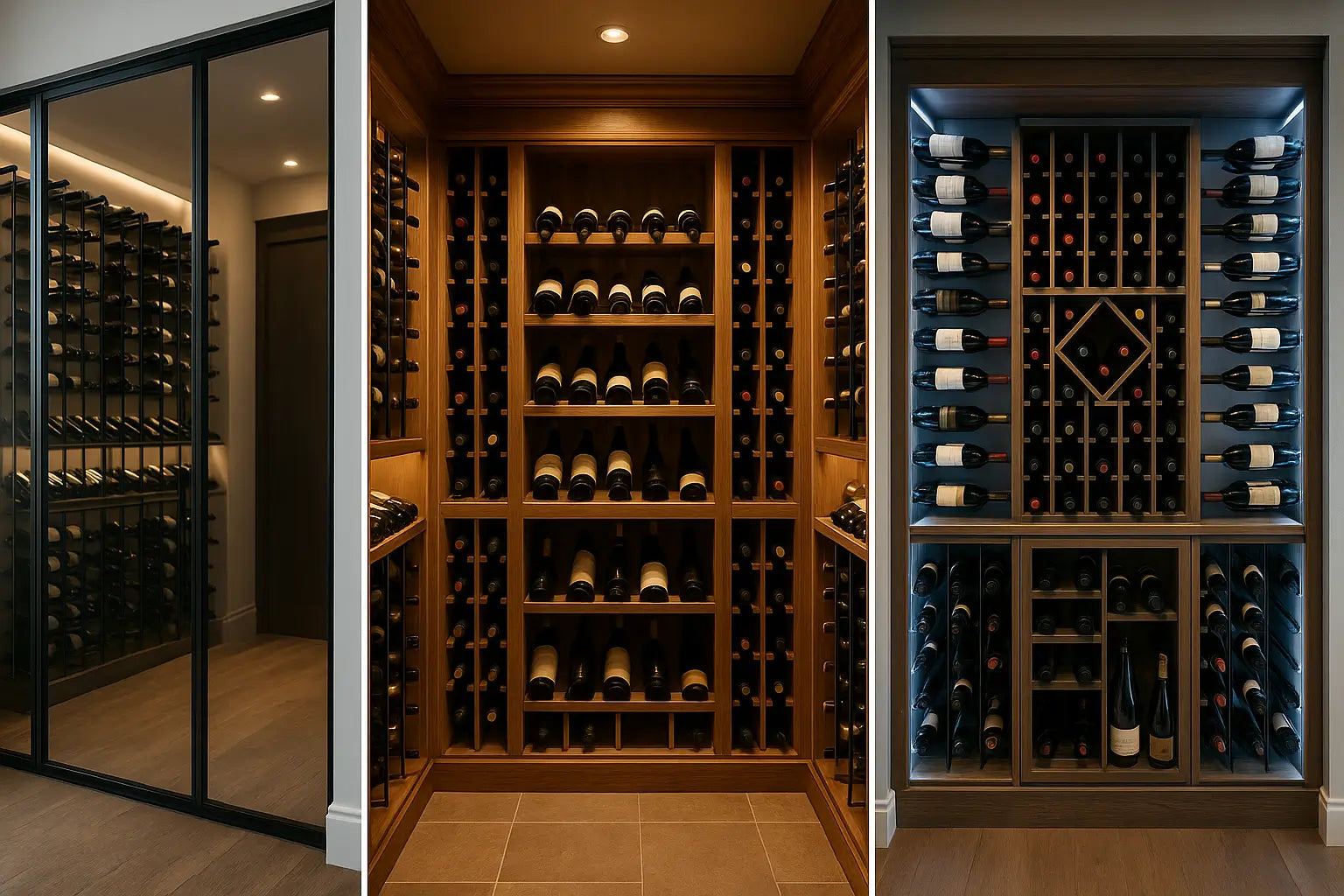
Designing a wine cellar should be exciting, not overwhelming. Whether you’re building a small under-stairs cellar, a spare room conversion, or a show-stopping glass cellar, our guides give you creative ideas and technical tips.
High-quality trim and side panels can add beauty and a polished finish to your wine cellar.
Metal wine racks are a popular choice for those seeking a modern, durable, and visually striking storage solution, offering design versatility and enhanced storage capacity.
Additionally, tabletops can provide a functional space to store and display wine accessories, enhancing both utility and aesthetics.
- How to Build a Glass Wine Cellar — Modern, sleek, and stunning.
- DIY Wine Cellar — You can do it yourself with help.
- How Much Does It Cost to Build a Wine Cellar? — Budget planning made simple.
- Wine Cellar Insulation — Keep conditions just right.
- Wine Cellar vs Wine Fridge — Know the difference before you invest.
Wine Cooling Reviews and Buying Guides
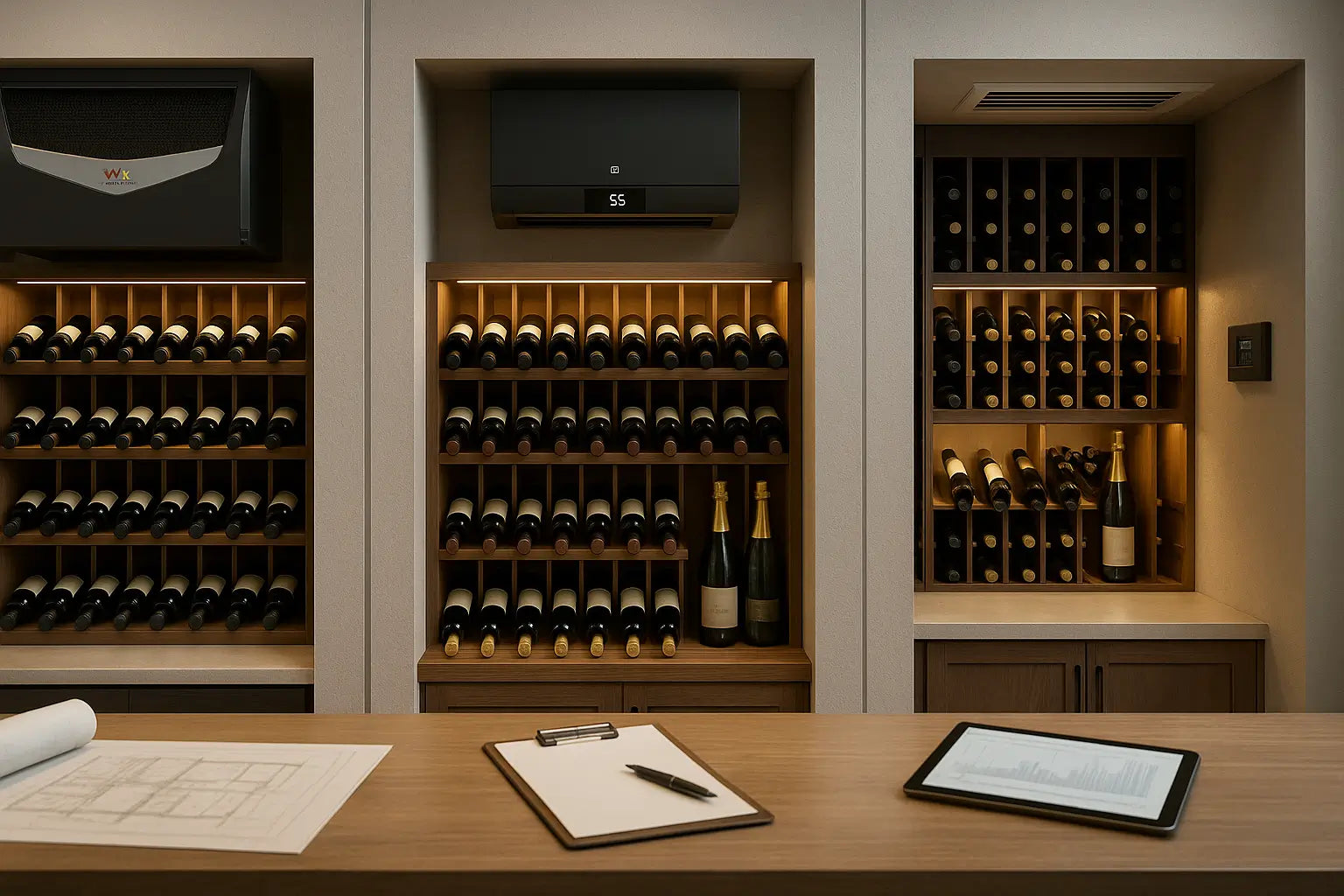
Choosing a cooling unit doesn’t have to be a guessing game. These reviews and comparisons break down today's most popular models' pros, cons, and real-world performance.
- Wine Guardian Pro Series vs Sentinel Series
- Best Wine Cooling Systems
- Best Through-the-Wall Wine Cooling Units
- Self-Contained vs Split Cooling Systems
- Best Ducted Split Wine Cooling Systems
- Wine Cooling Comparisons
No space for a full cellar? A wine cabinet might be your best friend. While a wine cabinet is ideal for limited space, a dedicated wine room offers a custom environment for larger collections and specialized wine storage needs. Our cabinet series covers everything from buying the right model to mastering storage conditions. Ultraviolet light can negatively impact the quality of wine and should be avoided in storage areas. Improper storage temperatures can also compromise the quality of wines, making it essential to maintain optimal conditions. Labels and organizers can also help keep your wine collection neat and easy to navigate.
- The Ultimate Guide to Wine Cabinets
- Wine Guardian vs Other Wine Cabinets
- Why You Need a Wine Cabinet for Proper Wine Aging
- How Long Can Wine Be Stored in a Wine Cabinet?
- Custom-Built vs Prefab Wine Cabinets
For personalized assistance or more information about wine cabinets and wine rooms, contact our team today.
Wine Cellar Climate Control
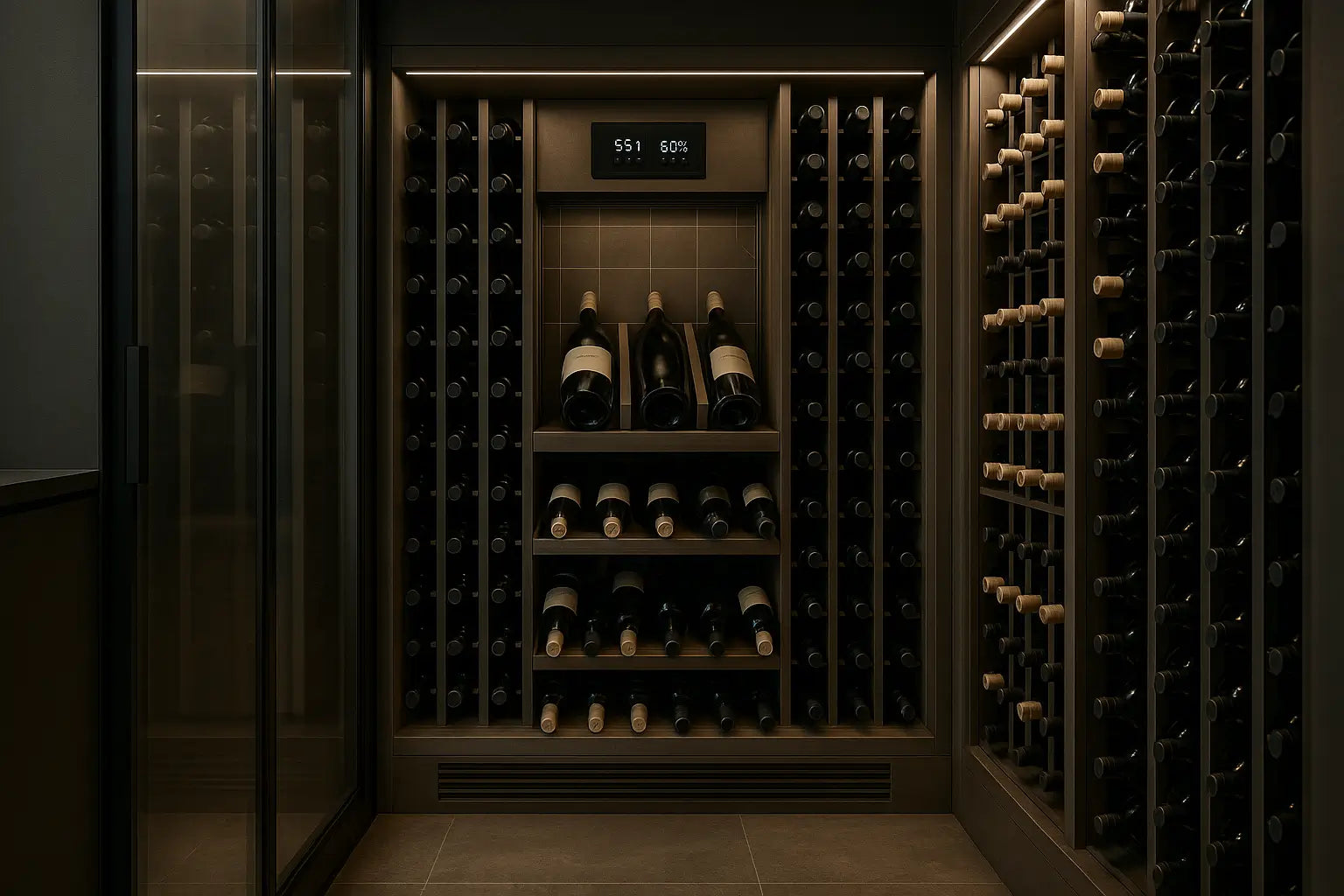
Wine hates sudden changes. These guides teach you to control temperature, humidity, and airflow, keeping your collection stable and your flavors intact. Additionally, wine should be stored in a dark room with minimal vibration and disturbance to preserve its quality and prevent UV damage. UV rays can destroy tannins and cause premature aging of wine, so it is essential to store wine in a UV-protected environment. Vibrations can disrupt the aging process of wine, so ensuring a stable environment is crucial.
- Wine Cellar Humidity
- Why Climate Control Matters for Wine Cellars
- How Temperature Affects Wine
- Wine Guardian Humidifier Review
- Signs Your Wine Cellar Temperature is Incorrect
- Best Wine Cellar Cooling Units for Temperature & Humidity Control
Wine Aging and Preservation
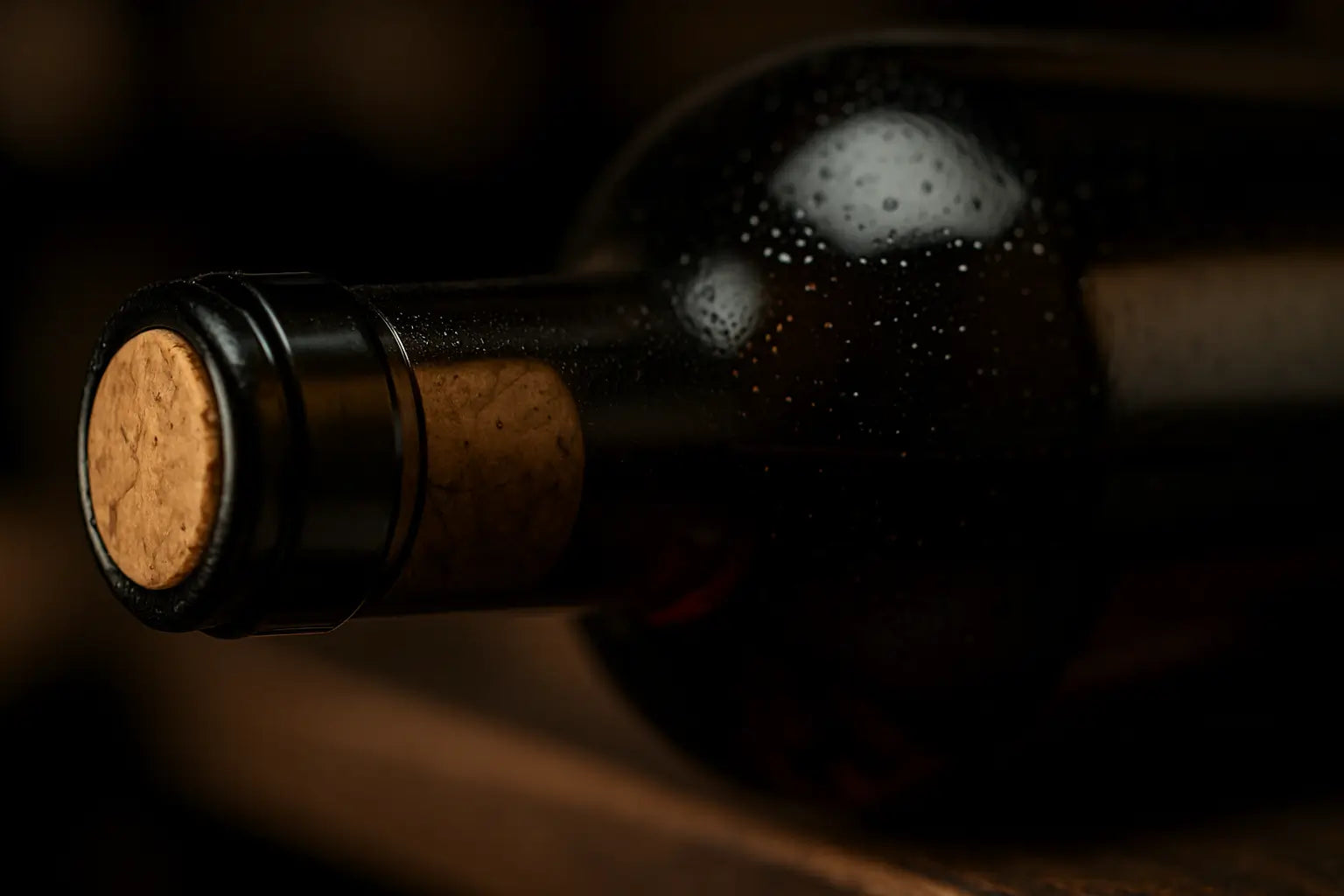
Fine wine is patient, and so should your storage be. These articles explain how to age wine correctly and keep it tasting like it should. Storing wine horizontally is essential to keep the cork moist and prevent oxidation, ensuring the wine ages gracefully. Wine racks should store bottles horizontally to maintain cork integrity and accommodate various bottle sizes, including standard and large formats.
- Preserving Wine Quality: Best Storage & Aging Tips
- Understanding Cork Wine Storage
- Long-Term vs Short-Term Wine Storage
- Why Temperature Control is Critical for Wine Storage
Wine Cooling Comparisons
Which system is right for you? These head-to-head comparisons highlight differences that matter so you can make a confident choice.
- Split System vs Through-the-Wall Cooling Units
- Breezaire vs Wine Guardian
- Ducted vs Ductless Wine Guardian Cooling Systems
- Wine Guardian model comparison guide
Wine Cellar Case Studies

Looking for inspiration? See how other collectors brought their dream cellars to life—and what they learned along the way. Glass enclosures are a popular choice, providing a beautiful view of the wine collection while maintaining proper storage conditions. Unique lighting options are a popular way to add flexibility to a wine storage area. Wine racks come in various designs, including traditional wood and contemporary metal, allowing you to match your style preferences.
Need Help Choosing a Cooling System?
We're more than just a blog—we’re here to help. Whether you're shopping for your first unit or upgrading your dream cellar, our team is just a call or click away.
📞 Call us for a FREE expert consultation: 1 (800) 260-1712
Or shop Wine Guardian products now to protect your wine collection!
🍾 Ready to Protect Every Pour?
Dive into the Wine Cellar Learning Center and start building a cellar that doesn’t just store wine—it honors it because good wine deserves more than guesswork.

